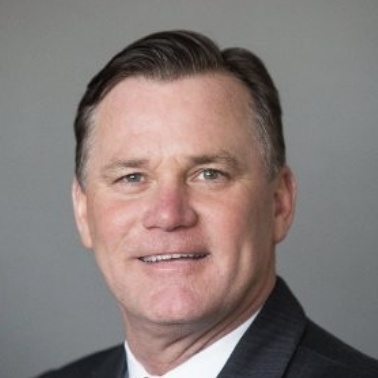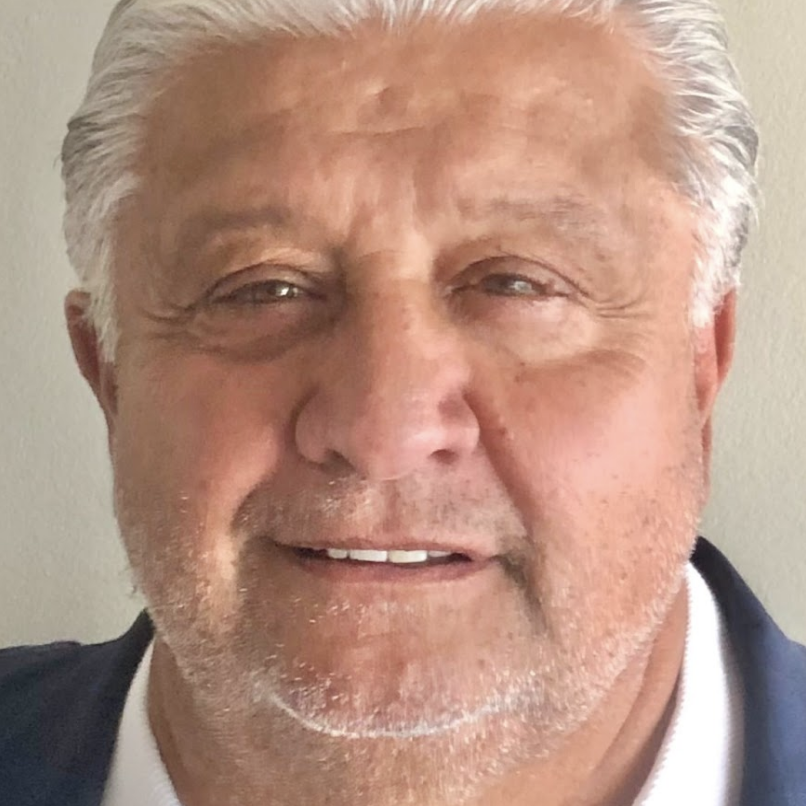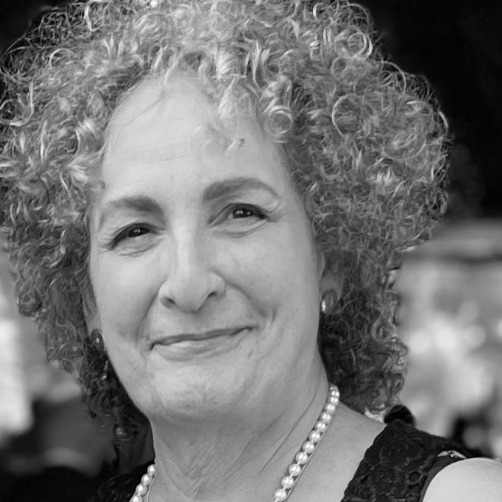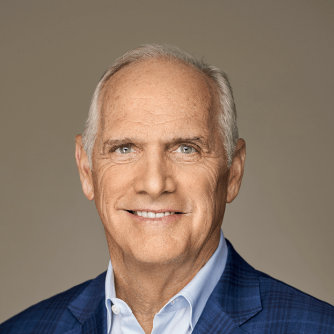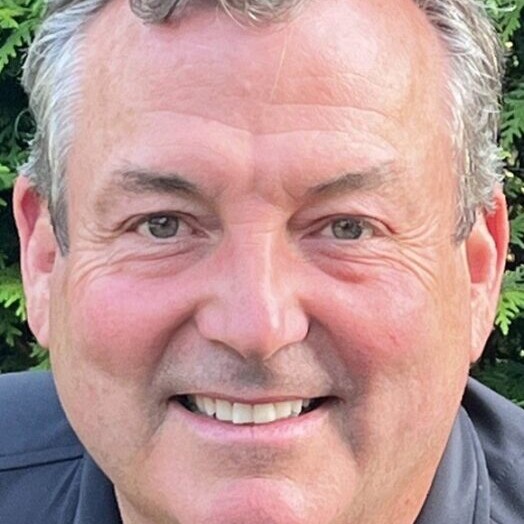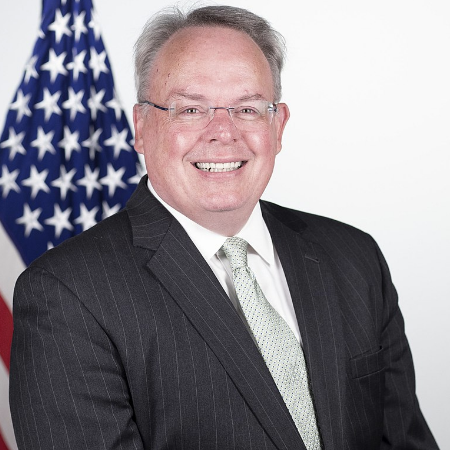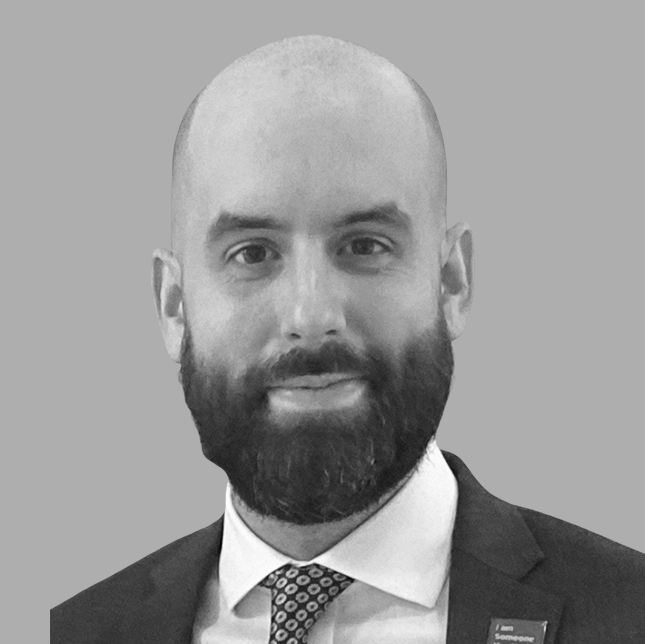The DEA appears to have filed for a temporary extension of telehealth flexibilities for medications for opioid use disorder (MOUD) beyond the public health emergency.
Our Chief Clinical Officer & Cofounder, Dr. Patrick Mullen’s study—recently published online in Philadelphia College of Osteopathic Medicine’s Digital Commons—may shed some light on why reinstating restrictions on MOUD is something we should reconsider:
- Medications for opioid use disorder work. The evidence is unequivocal: MOUD keep people alive and significantly improve treatment outcomes (with or without adjunctive therapy) *
- Currently, MOUD is markedly underutilized in opioid use disorder (OUD) treatment. Merely one-third of substance use disorder treatment centers offer any form of MOUD and only 30% of individuals with OUD (the small portion that are diagnosed and treated) receive any form of MOUD. *
- In this survey of OUD professionals (clinicians or researchers that work directly with individuals with OUD) aimed to examine characteristics of groups (clinicians vs. researchers, years of experience in the OUD field, and direct exposure to MOUD) in relation to their utility ratings of MOUD (how “helpful” they rated the use of MOUD in treating OUD)
- Statistically significant differences between groups were found. Researchers rated MOUD significantly more favorably than clinicians. Professionals with more than 10 years in the field rated MOUD more favorably than professionals with less than 10 years of experience.
- What do this study’s results indicate? Researchers and longer-tenured professionals have more access, exposure, and contribution to the scientific literature as well as real-world experiences with the OUD population and are therefore more aware and supportive of the effectiveness of MOUD.
- The study’s results suggest that the perception of MOUD could be enhanced by an increase in training and education.
- Here are some suggestions: (a) Targeted training that emphasizes the efficacy of medications, portrays OUD as a treatable condition, and illuminates personal narratives of people who are effectively treated with MOUD; (b) Academic detailing that involves visits to health care providers by trained professionals who can provide tailored training and technical assistance specifically designed for MOUD education and; (c) Improvements in continued education requirements for SUD professionals and nonclinical support staff.
- While it is encouraging to see behavioral health startups (e.g., Workit Health, Eleanor Health, Quit Genius) aiming to improve access to MOUD, recent barriers demonstrate that the misguided stigma associated with OUD in general, and MOUD in particular, persist.
Find the full publication here: Dr. Mullen’s Dissertation Transcript


